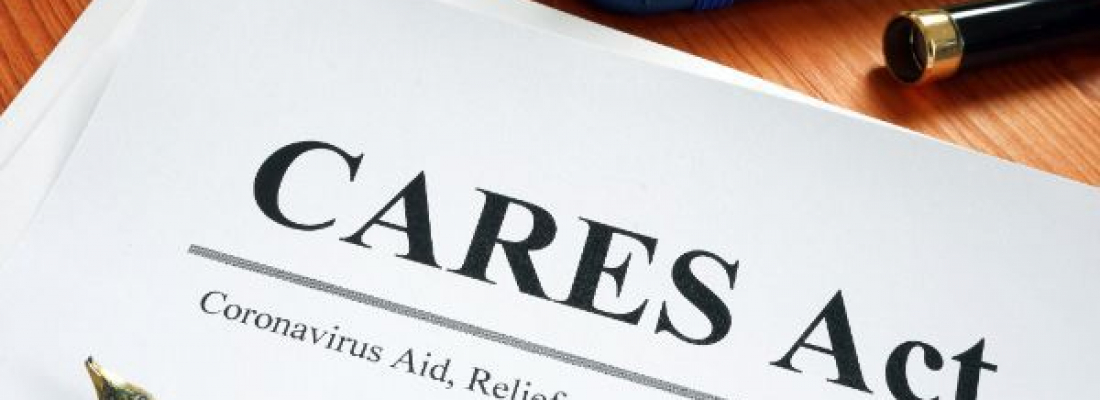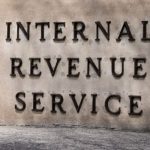The Small Business Administration (SBA) has issued clarification to lending institutions that churches and faith-based nonprofit organizations are eligible to receive loans under the two COVID-19 relief loan programs authorized by the Coronavirus Aid, Relief and Economic (CARES) Act.
CARES Act loans are processed through private lenders. Initially, SBA-approved lenders turned away religious nonprofits under the mistaken belief that these organizations are ineligible for SBA loans. However, the SBA has issued a series of FAQs to clear up confusion surrounding loans to churches and faith-based organizations that clarify these groups are eligible for the SBA loan programs under the CARES Act.
Although initial funding for the two lending programs — Paycheck Protection Program (PPP) and Economic Injury Disaster Loans (EIDL) — has run out, Congress is working toward approving a new round of funding that would allocate an additional $310 billion for PPL and $60 billion for EIDL.
CARES Act Loan Eligibility Requirements
The Paycheck Protection Program (PPP) provides funding for up to eight weeks of payroll costs, including benefits. Loans may also be used for paying mortgage interest, rent, and utilities. Loans will be forgiven if at least 75% of the funds are used for payroll costs, which may include the following:
- Salaries and wages paid to employees (1099 workers are not eligible)
- Ministers’ housing allowances
- Paid family, medical, vacation, or sick leave
- Group health care benefits payments, including premiums
- Retirement benefits
- State and local payroll taxes
For PPP loans, 501 (c)(3) organizations with 500 or fewer employees (full and part-time) that have been in operation as of February 15, 2020, are eligible to apply without regard to whether they are religious or secular.
The Economic Injury Disaster Loan (EIDL) program provides small businesses and nonprofits with working capital loans of up to $2 million as well as a $10,000 advance for economic relief to organizations that are currently experiencing a temporary loss of revenue.
For EIDL loans, 501 (c)(3) and other nonprofit organizations (including 501(c)(4) entities) that have been in operation since January 30, 2020, may apply for loans, regardless of the size of the organization.
PPP and EIDL Loan Terms for Churches & Faith-Based Nonprofits
PPP loan applicants can receive up to (1) 2.5 times their monthly payroll costs (calculated using the average monthly payroll cost over a 12-week period; or (2) $10 million, whichever is less. The interest rate has been set at 1%, with a deferral of any repayment obligation for six months and full repayment of any portion of the loan that is not forgiven due within two years. There are no fees or collateral requirements.
EIDL loan applicants can receive up to $2 million at 2.75% interest with a maximum 30-year term. The $10,000 loan advance will not have to be repaid, and funds will be made available within three days of a successful application.
What’s Next?
As noted above, the initial round of funding for PPP and EIDL loans was exhausted and lenders were no longer taking applications as of April 16, 2020. However, a second round of funding has been approved, so churches and other faith-based nonprofits should consider taking advantage of the new levels of funding and apply as soon as possible. The CARES Act stipulates that PPP loans are only available through June 30, 2020; EIDL loans are available through December 31, 2020.
The Church Law Center of California advises churches and other nonprofits on how to protect themselves from risk while furthering their mission, especially in times of crisis. If you have questions about how to mitigate risk and protect your organization during the Coronavirus crisis, call us today at (949) 892-1221 or reach out to us through our contact page.






